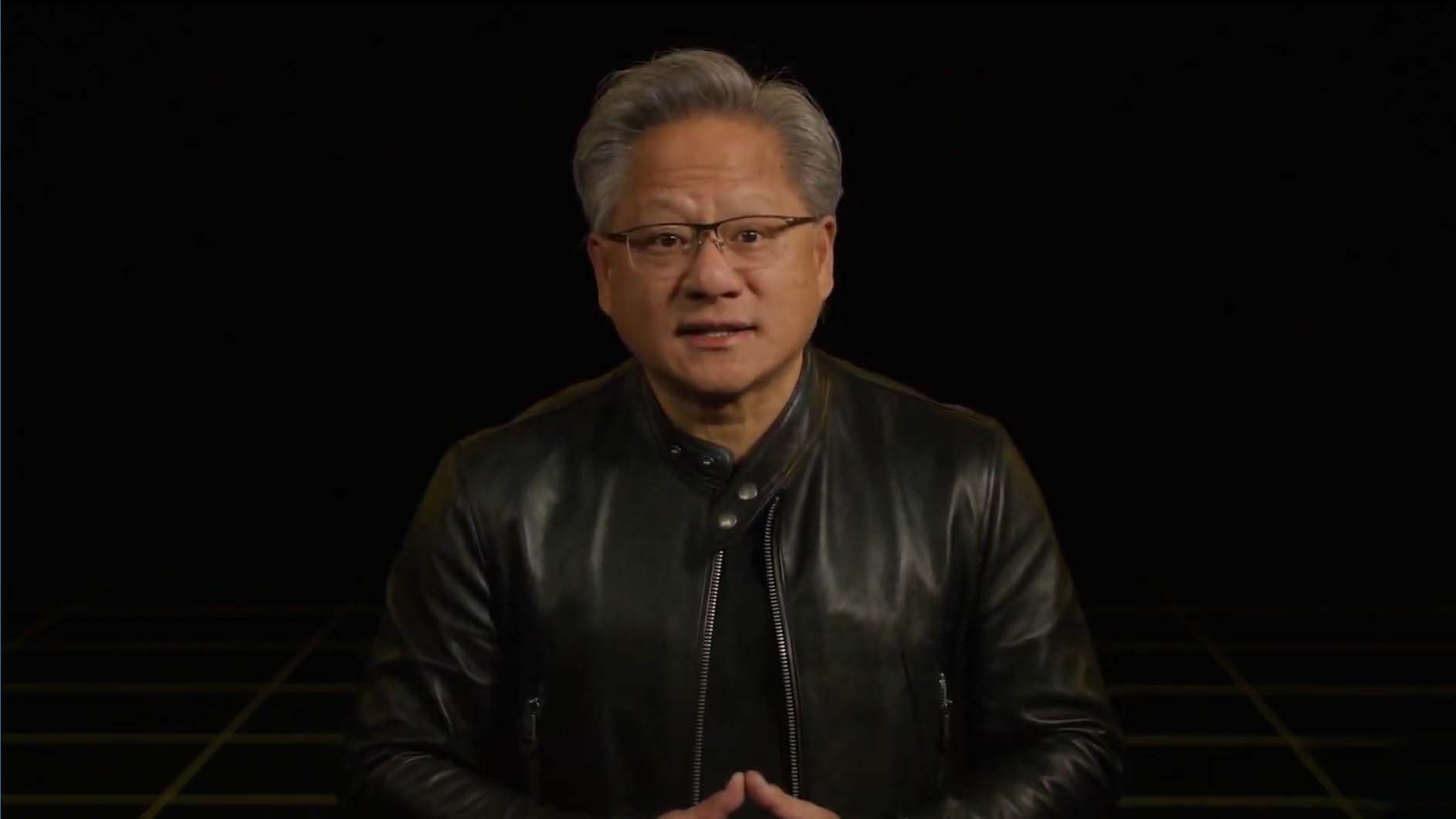Nvidia CEO predicts the death of coding — Jensen Huang says AI will do the work, so kids don't need to learn
Jensen Huang believes coding languages are a thing of the past

Sign up for breaking news, reviews, opinion, top tech deals, and more.
You are now subscribed
Your newsletter sign-up was successful
Nvidia CEO Jensen Huang has once again announced the death of coding, but this time in front of a potentially far more influential audience.
Speaking at the Word Government Summit in Dubai, Huang argued that because the rapid advancements made by AI, learning to code should no longer be a priority of those looking to enter the tech sector.
Learning to code has long been a vital skill pushed by many industry heads as vital to success, but Huang’s latest narrative looks to break this tradition.
Coding is old news, so focus on farming
Thanks to the advancements made in the field of generative AI, natural language processing has shown promise to be the future of coding, eradicating the need for young professionals to spend hundreds of hours learning specific coding languages.
“It is our job to create computing technology such that nobody has to program. And that the programming language is human, everybody in the world is now a programmer. This is the miracle of artificial intelligence,” Huang said at the summit.
The time otherwise spent learning to code should instead be invested in expertise in industries such as farming, biology, manufacturing and education, the Nvidia head stated. It isn’t all doom and gloom for coding though, as some skills will still be needed to know when and where to use AI programming.
Huang says that upskilling is the way forward, and that upskilling will provide the knowledge of how and when to use AI programming. He further stated that natural language processing will advance to the point where the only language needed to code would be their native language.
Sign up to the TechRadar Pro newsletter to get all the top news, opinion, features and guidance your business needs to succeed!
Via TomsHardware
More from TechRadar Pro

Benedict has been with TechRadar Pro for over two years, and has specialized in writing about cybersecurity, threat intelligence, and B2B security solutions. His coverage explores the critical areas of national security, including state-sponsored threat actors, APT groups, critical infrastructure, and social engineering.
Benedict holds an MA (Distinction) in Security, Intelligence, and Diplomacy from the Centre for Security and Intelligence Studies at the University of Buckingham, providing him with a strong academic foundation for his reporting on geopolitics, threat intelligence, and cyber-warfare.
Prior to his postgraduate studies, Benedict earned a BA in Politics with Journalism, providing him with the skills to translate complex political and security issues into comprehensible copy.